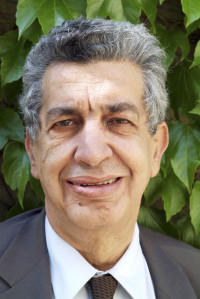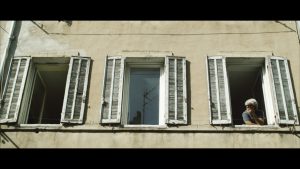77 minutes, 2015
Directors: Nathalie ROSSETTI (Belgium, Italy) and Turi FINOCCHIARO (Belgium, Italy)
Production: Les Productions du Lagon (France), Borak Films (Belgium), Touch Films (Poland)
To pass on an ancient tradition of religious chant, Aram and Virginia, two Armenians now living outside their country, take a group of European actors from Wroclaw’s Grotowski Institute on a first-time journey to Anatolia where this style of singing once flourished. Along the way, their questions reveal the wealth of a destroyed culture: singing and acting then become the language of creation and sharing, the breath of life.
Nathalie ROSSETTI et Turi FINOCCHIARO
After university studies at Bologna’s DAMS (Discipline delle Arte, della Musica et dello Spettacolo), complemented by theatre training with Orazio Costa in Florence, Nathalie Rossetti worked as assistant director and musical consultant on several feature films.
With the help of her husband Turi Finocchiaro, she has directed several short films before turning to creative documentaries. The subjects closest to her are art, endangered cultures, anthropology and human rights.
In 2007, she created the Faito Doc Festival near Naples, an international documentary festival of which she is the artistic director.
After university, Turi Finocchiaro worked on several international co-productions as stage manager, production manager and executive producer. Familiar with how the EU works, he created EFC, a consulting firm for developing European co-productions (Media & Eurimages).
With his company, Impronte Digitali, he produced his first documentary in Rome in 1998. Back in Belgium in 2004, he turned to co-direction with Nathalie Rossetti. In 2009 they created Borak Films.
Turi Finocchiaro has participated in the EAVE and EURODOC training programmes. He is artistic co-director of the Faito Doc Festival, created in 2007 with Nathalie Rossetti.
 ANTOINE SFEIR
ANTOINE SFEIR